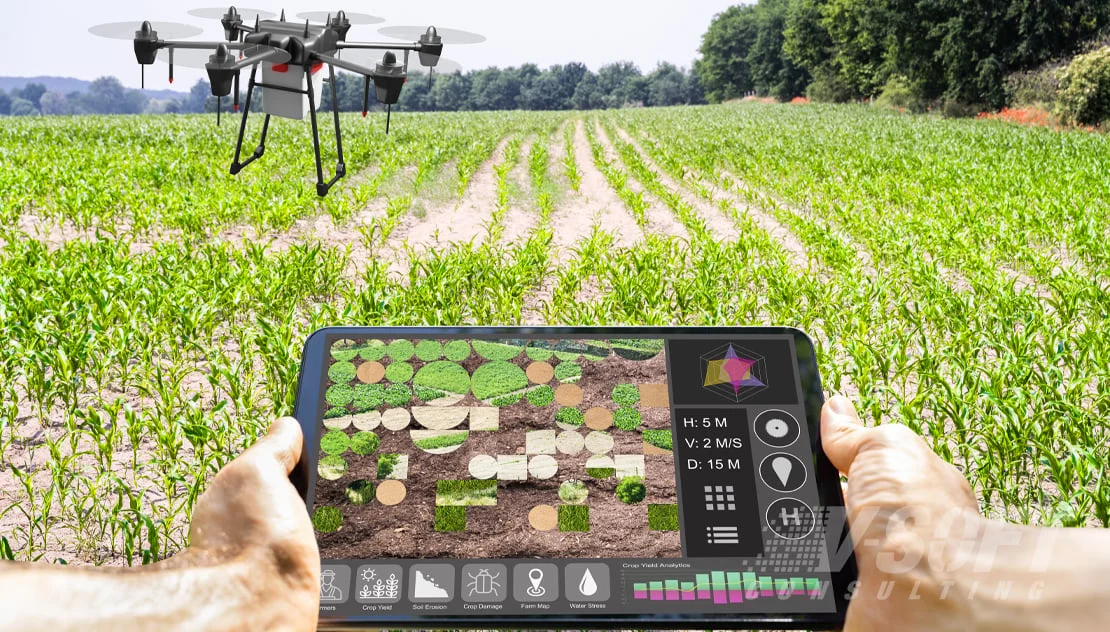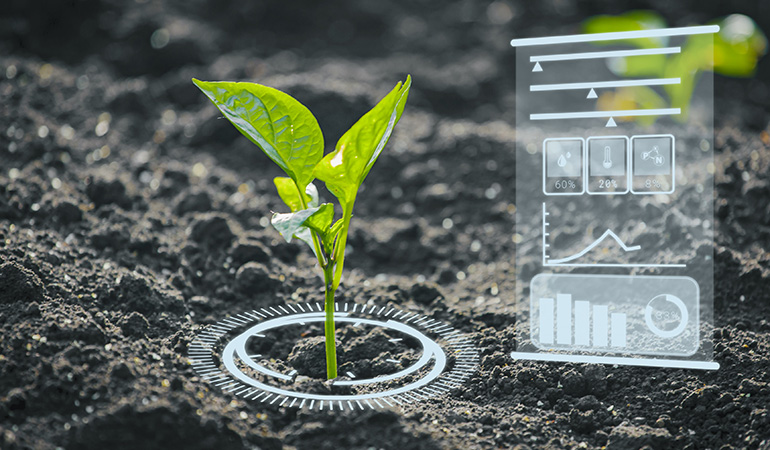Artificial Intelligence (AI) is transforming agriculture by making farming smarter, more efficient, and more sustainable. Understanding how AI is being applied in agriculture helps farmers, researchers, and agribusinesses embrace innovation and meet the growing demands of global food production.
What is AI in Agriculture?
AI in agriculture refers to the use of intelligent technologies like machine learning, computer vision, robotics, and predictive analytics to optimize farming practices, monitor crops, and manage resources more effectively.
How AI Works in Agriculture
AI systems collect and process large volumes of agricultural data, including satellite images, soil conditions, weather patterns, and crop health indicators. By analyzing this data, AI can help predict crop yields, detect diseases early, and suggest the best times for planting and harvesting.
Key AI Techniques Used
Machine Learning: Helps predict crop performance and optimize input usage based on historical and real-time data.
Computer Vision: Uses drones and sensors to visually monitor plant growth, detect pests, and assess field conditions.
Predictive Analytics: Analyzes weather trends, soil data, and market prices to support better decision-making.
Robotics: Enables automated machinery for tasks like planting, weeding, and harvesting, reducing manual labor.
Benefits of Using AI
AI improves crop quality, increases yields, minimizes resource wastage, and reduces the environmental impact of farming. It helps farmers make faster, data-driven decisions and allows for more precise use of water, fertilizers, and pesticides.
Limitations to Keep in Mind
While AI offers great potential, it requires access to quality data, modern equipment, and skilled personnel to operate and interpret the systems correctly. Small-scale farmers may face challenges in adopting AI due to cost and infrastructure limitations.
Conclusion
AI is reshaping the future of agriculture by enabling smarter farming practices. By combining AI with traditional agricultural knowledge, the farming community can improve productivity, tackle food security challenges, and build more sustainable agricultural systems.







Leave feedback about this